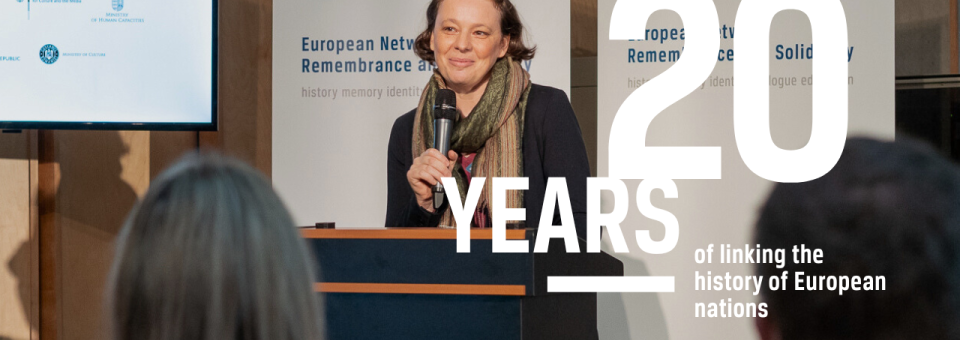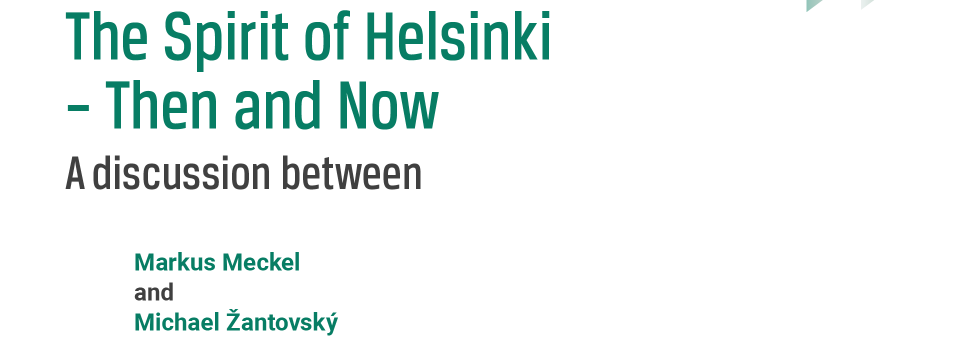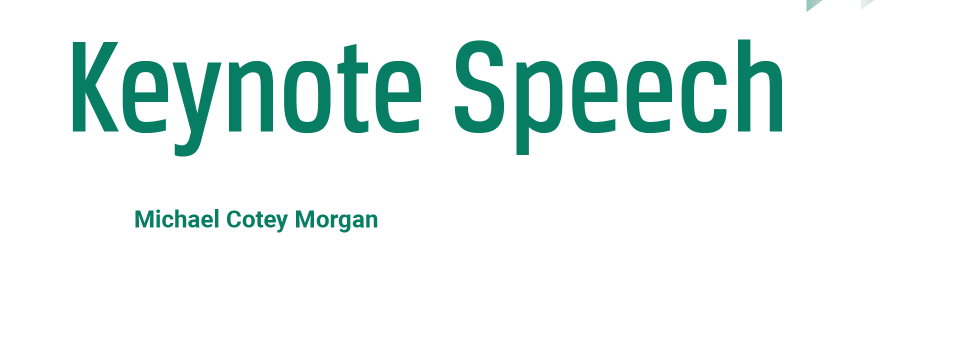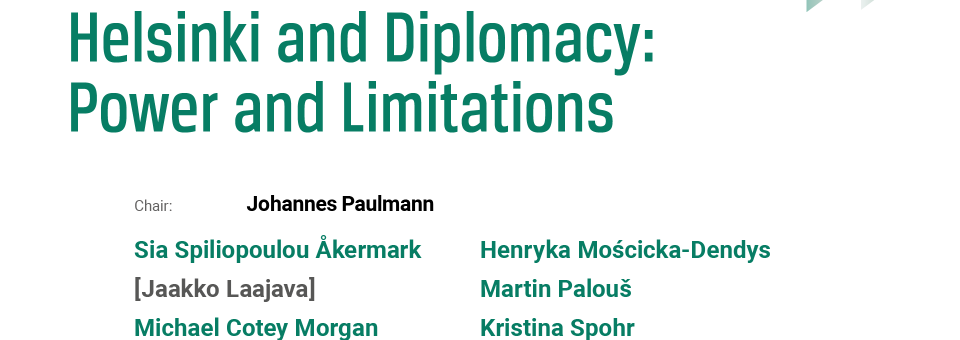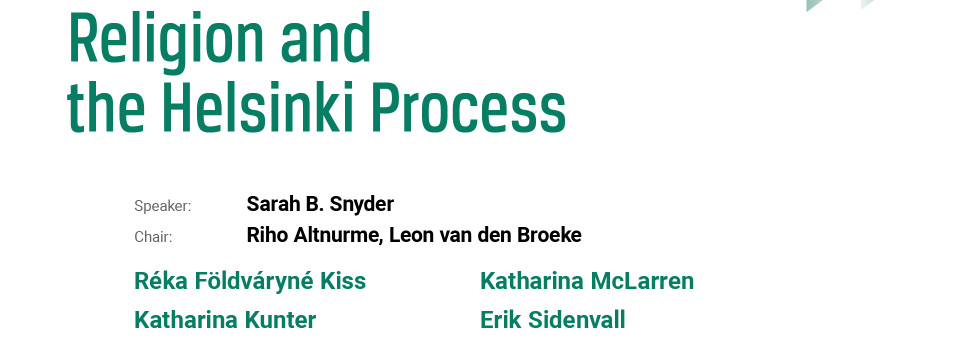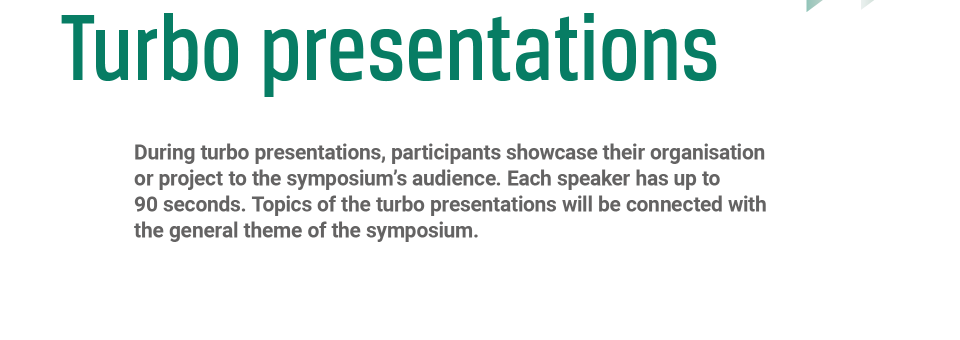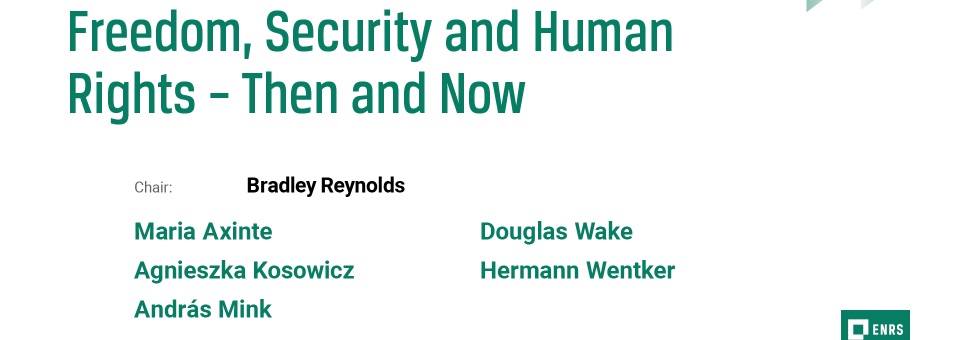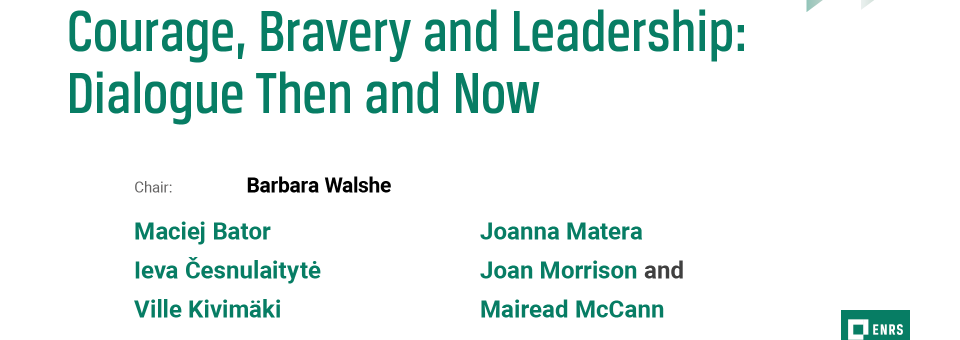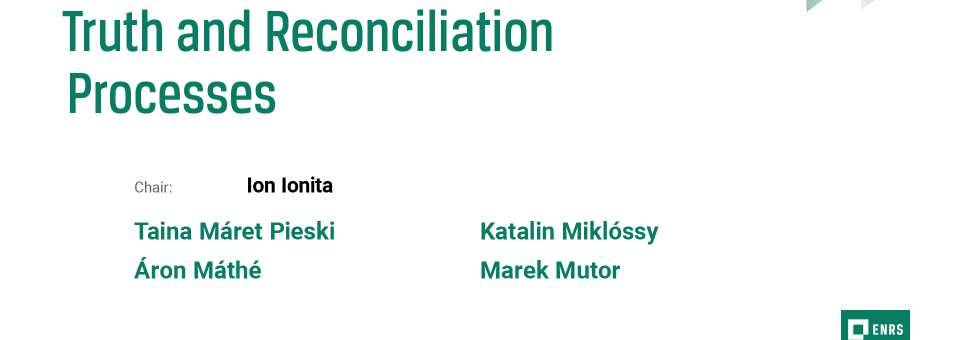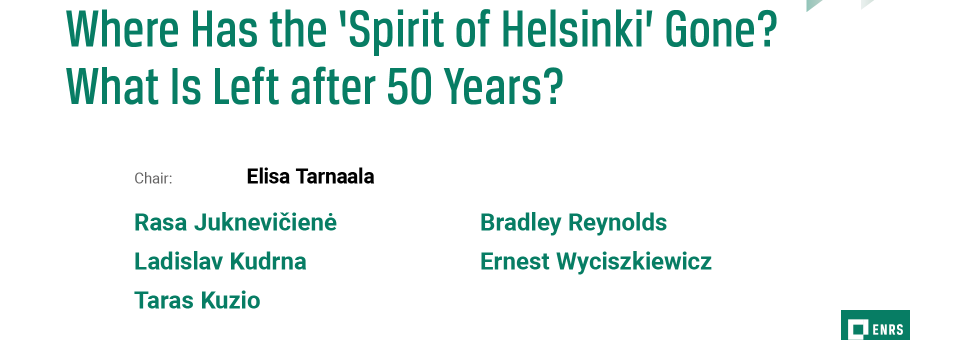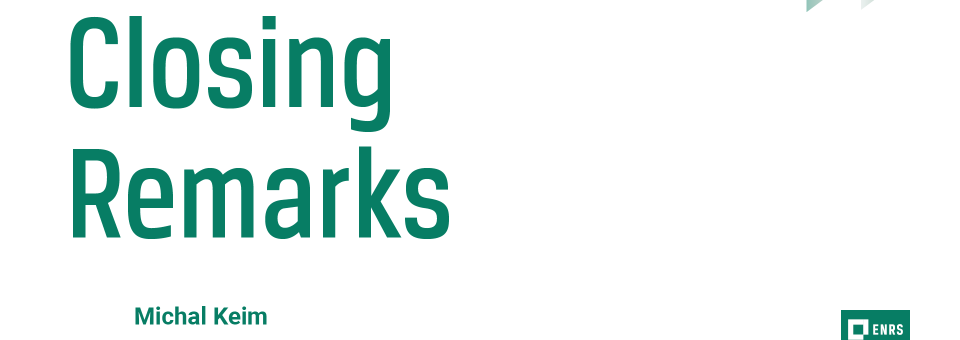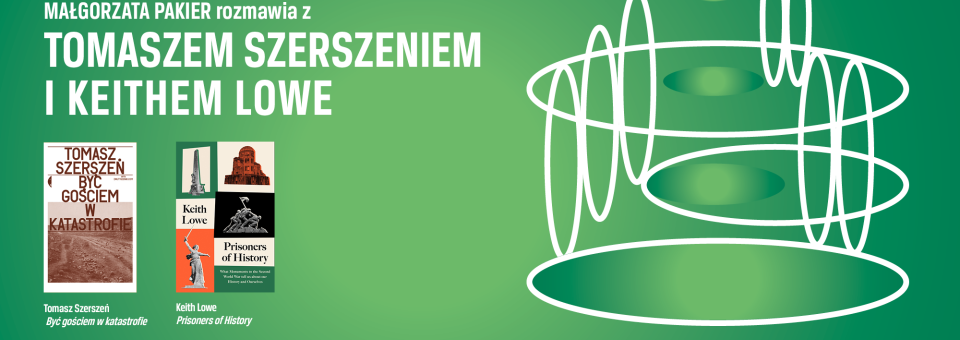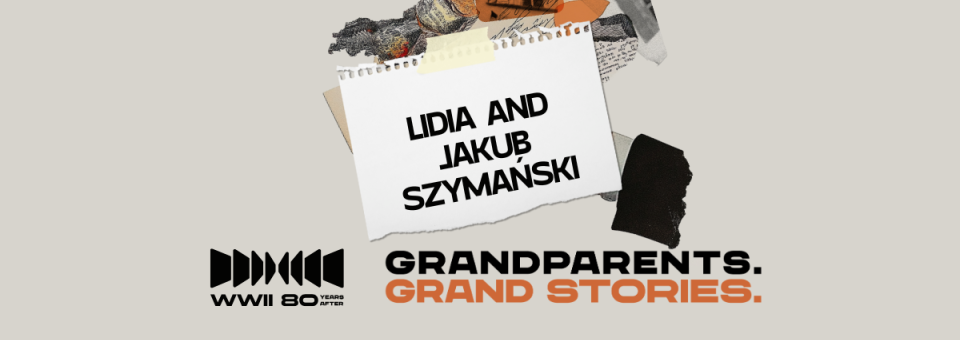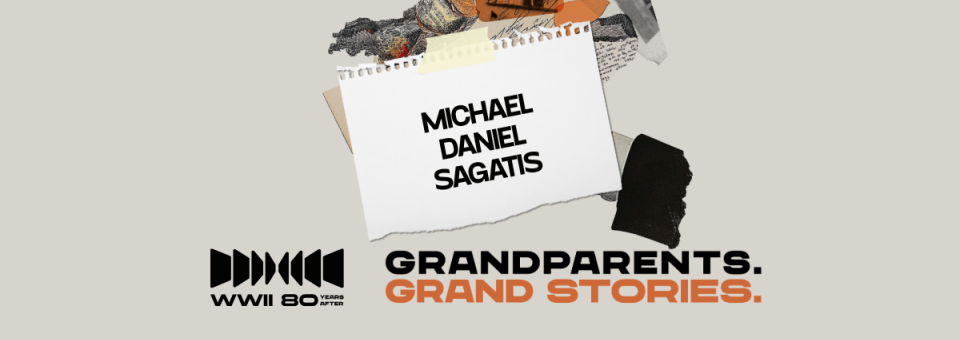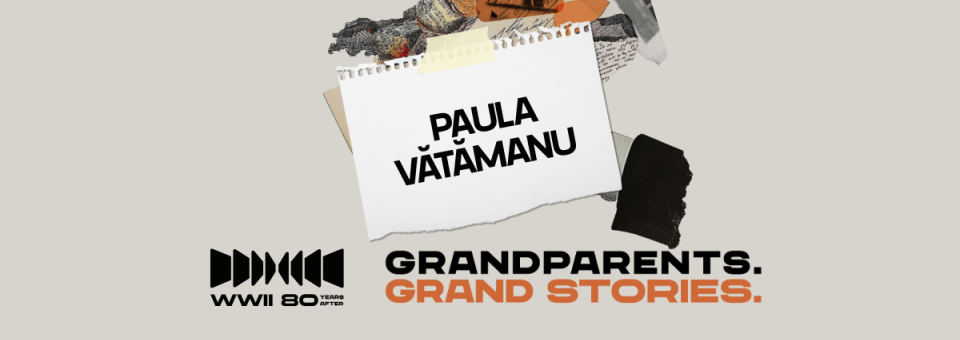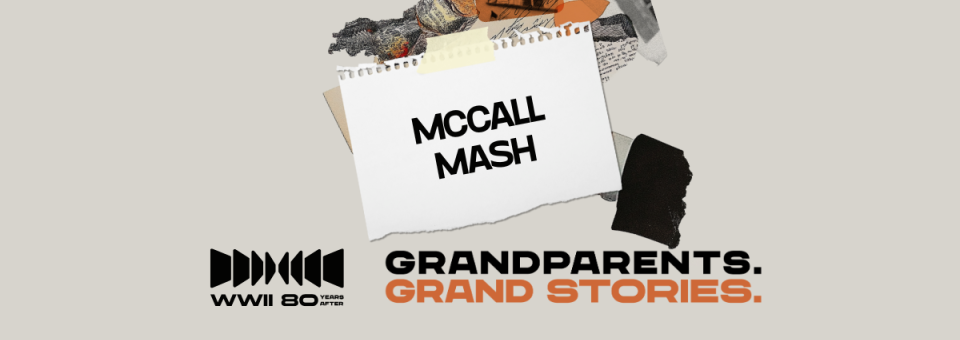As the European Network Remembrance and Solidarity (ENRS) marks 20 years of fostering dialogue on Europe’s 20th-century history, we’re highlighting voices from our team who help shape our mission every day.
Małgorzata Pakier, Head of the Academic Department at ENRS, shares her reflections on how remembrance and solidarity guide our academic work. From international conferences to publications and seminars, she explains how scholarly exchange helps us understand the evolving landscape of European memory—particularly in Central and Eastern Europe.
Through initiatives like the Genealogies of Memory conferences and the To Understand Memory discussions, the ENRS brings together historians, researchers, and cultural commentators to explore how history, identity, and memory intersect in the 21st century.
Learn more about the 'Genealogies of Memory' conferences here.
Learn more about the 'To Understand Memory' discussion here.
